In 2022, modostudio architects embarked on a transformative journey to restructure the Sewoonsangga Citywalk in Jung-gu, South Korea. This ambitious project aimed to enhance pedestrian spaces and paths, contributing to the creation of a comprehensive infrastructural network that seamlessly connects different areas of Seoul at various levels. Let’s delve into the details of this innovative urban design intervention.
Context and Vision
Driven by the Seoul city planning Department’s commitment to enriching public spaces, the Sewoonsangga Citywalk redevelopment project emerged as a response to the evolving needs of the urban landscape. The initiative sought to revitalize the iconic megastructure and linear building complex of Sewoonsangga, originally constructed in the late 1960s. By reimagining aboveground public spaces and integrating them with existing ground-level infrastructure, the project aimed to create a dynamic urban platform spanning over 1.2 kilometers.
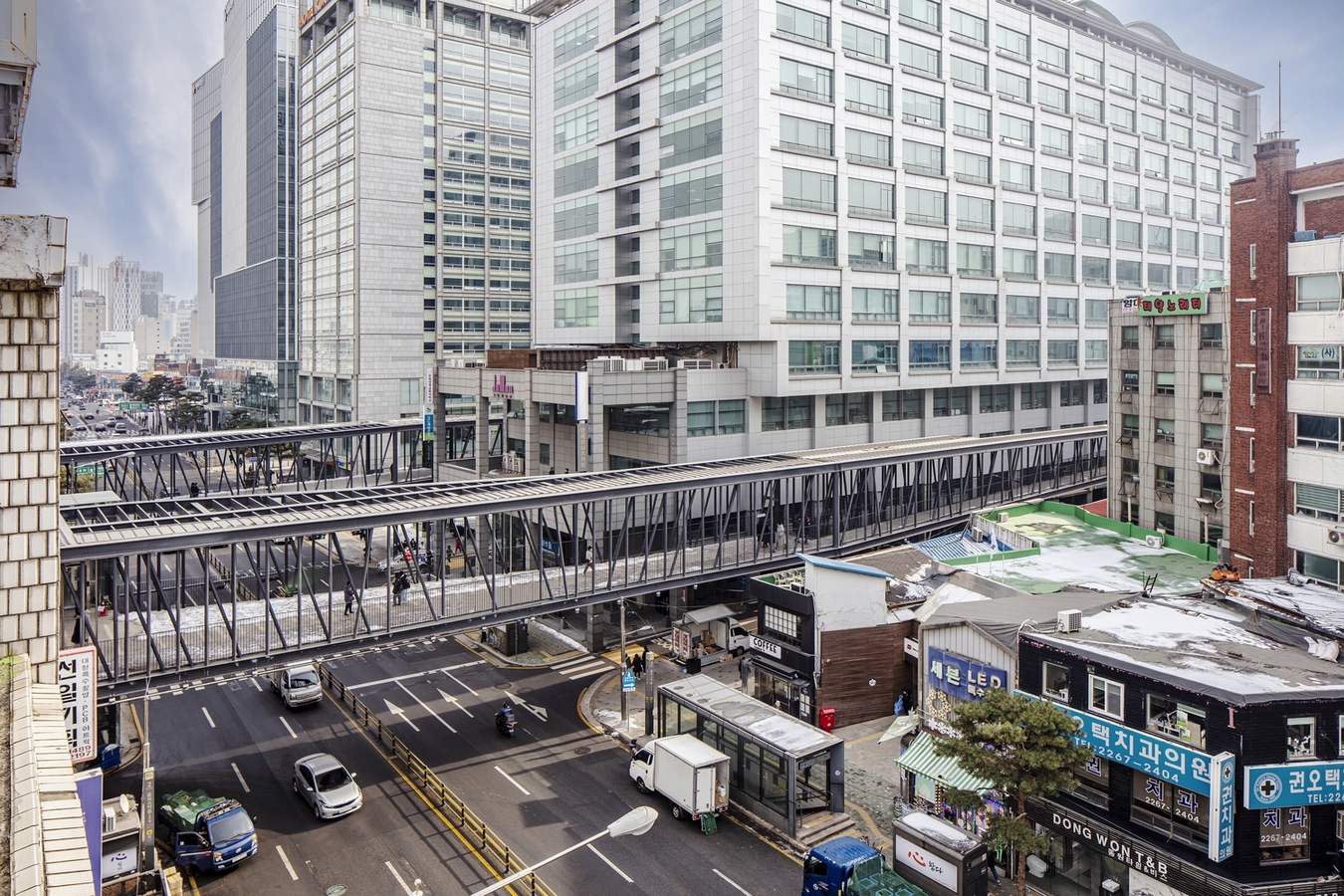
Flexible Urban Infrastructure
The redesigned Sewoonsangga Citywalk, aptly termed as an “open city platform,” serves as a flexible infrastructure capable of adapting to changing urban dynamics. By fostering spontaneous transformations and avoiding gentrification, the project aligns with the district’s endeavor to embrace shared decision-making processes involving public administration and citizens alike. The platform’s flexibility enables it to evolve over time, catering to diverse community needs and supporting industrial restoration, mobility enhancement, and pedestrian improvement initiatives.
Macro and Microscale Approach
At its core, the open platform operates on two distinct scales: the Macro scale and the Microscale. On a Macro scale, it functions as a continuous pedestrian spine, reconnecting multiple districts of Seoul and facilitating mobility across the city. On a Microscale, it engages with the unique characteristics of different areas along its path, catalyzing community regeneration and social transformation. This approach ensures that the platform seamlessly integrates into its surroundings, both physically and socially, while promoting a sense of belonging and vibrancy.
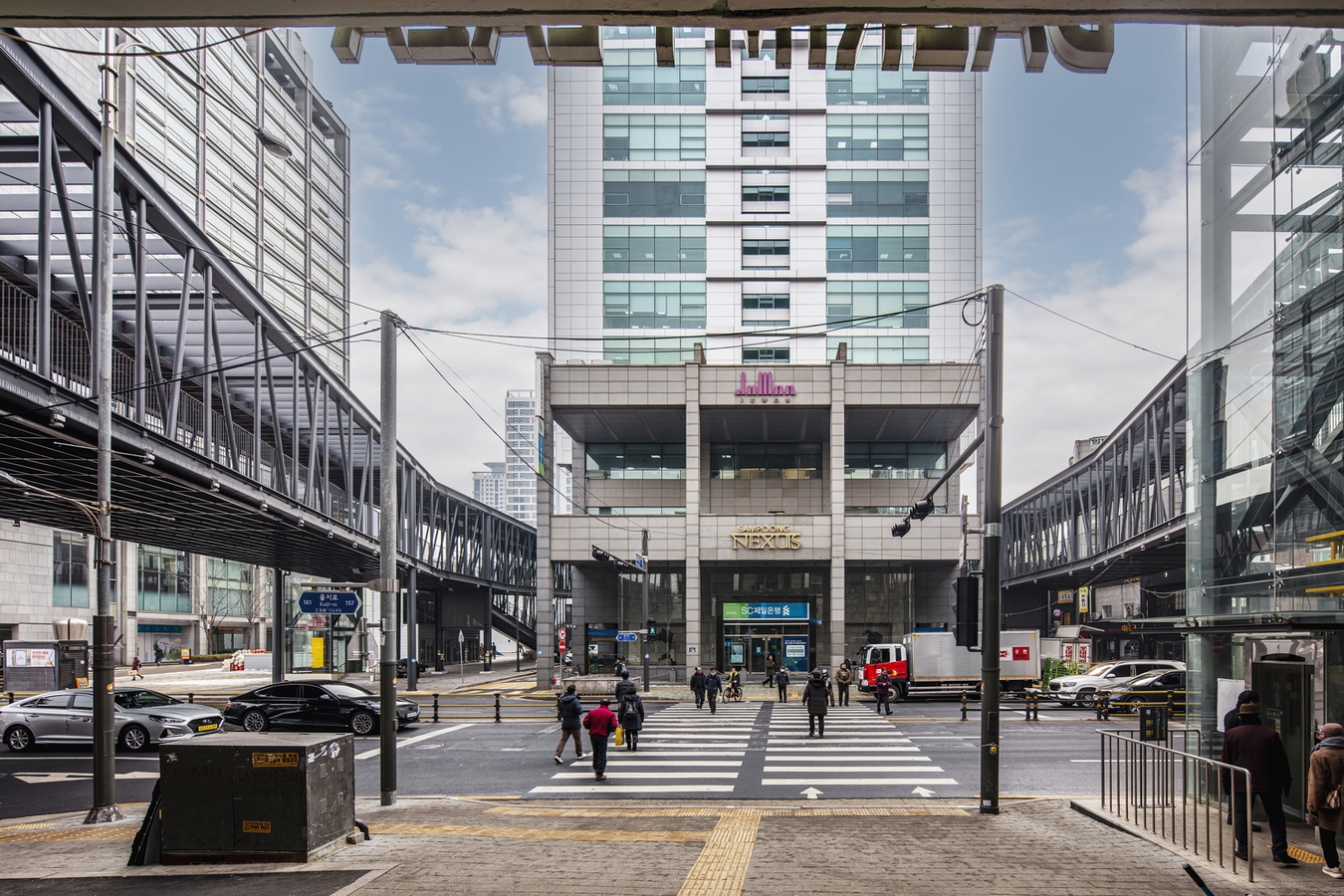
Promoting Quality of Life
Central to the project’s ethos is the prioritization of enhancing the quality of life for residents and visitors alike. By reducing urban noise, improving spatial perception, ensuring pedestrian safety, and providing outdoor gathering spaces, the redevelopment initiative seeks to create a more livable and sustainable urban environment. Emphasizing pedestrian and bike-friendly spaces underscores the project’s commitment to promoting active transportation and fostering a healthier, more vibrant cityscape.
Toward a Sustainable Future
As the Sewoonsangga Citywalk redevelopment project unfolds, it embodies a vision for a more connected, inclusive, and sustainable urban future. By embracing flexibility, adaptability, and community engagement, the initiative sets a precedent for urban design interventions worldwide. As Seoul continues to evolve, the open platform serves as a symbol of innovation and resilience, paving the way for a brighter tomorrow built on the principles of connectivity, accessibility, and human-centered design.


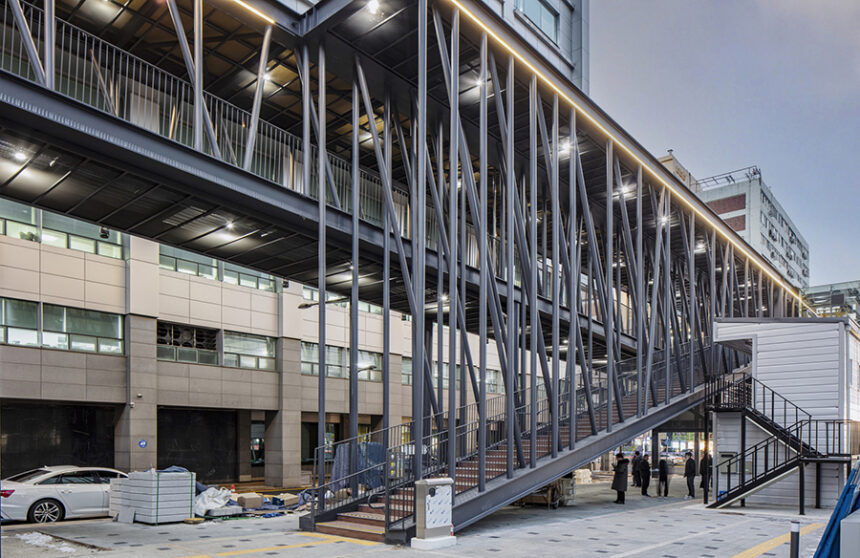
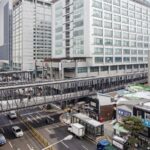
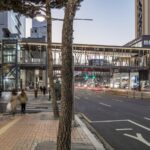
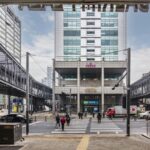
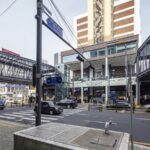
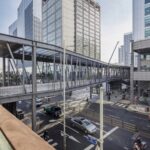
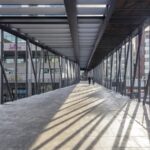
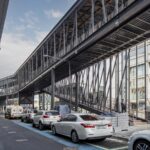
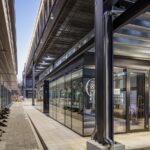
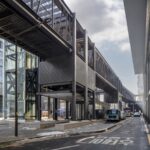
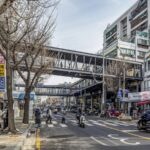
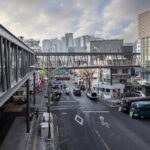
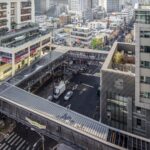
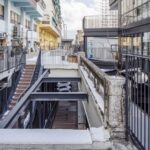
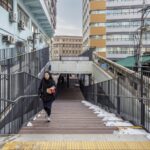
Leave a Reply